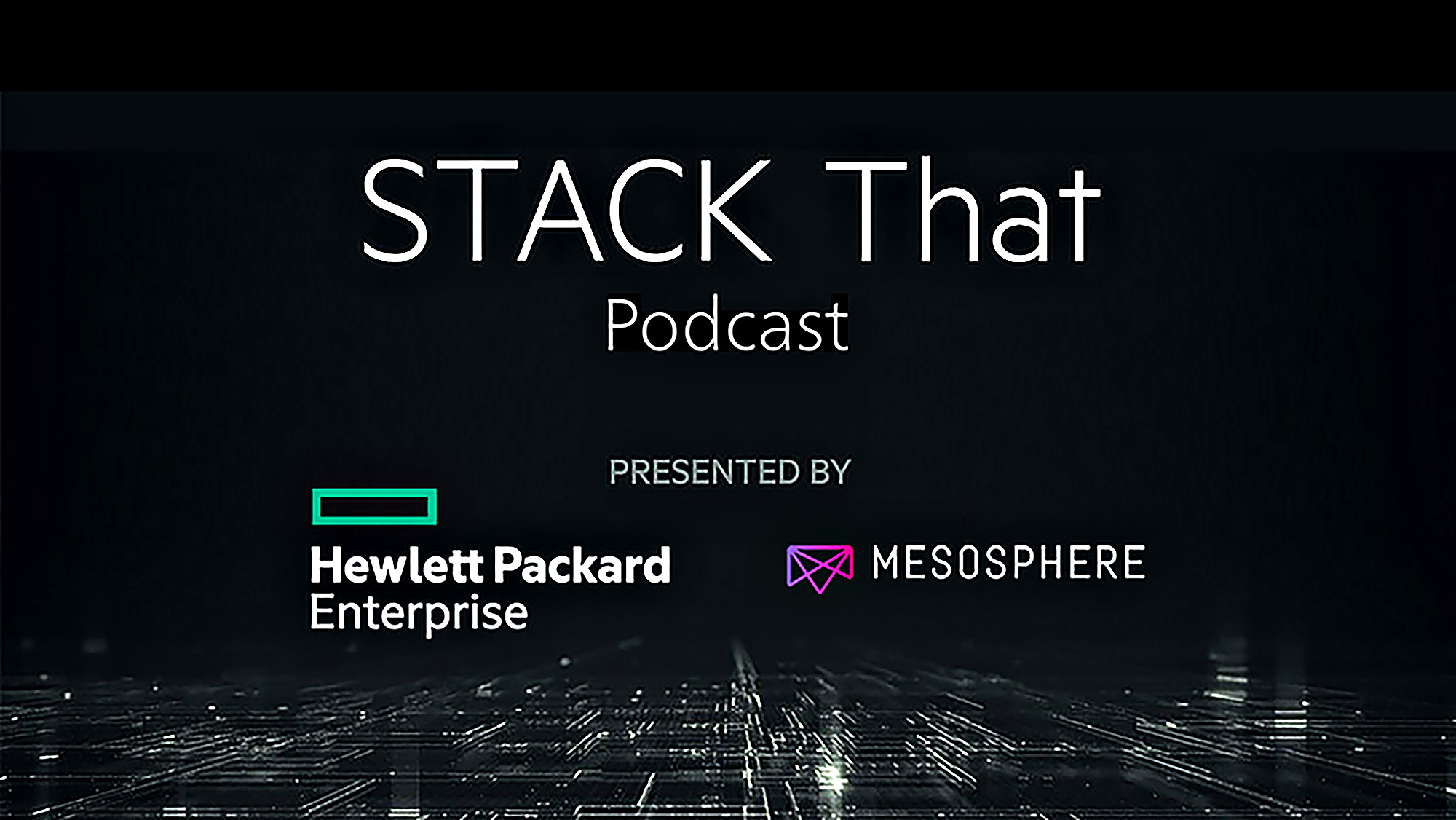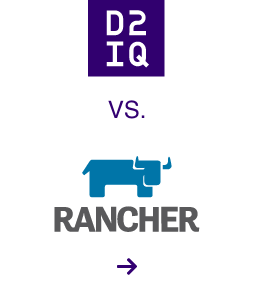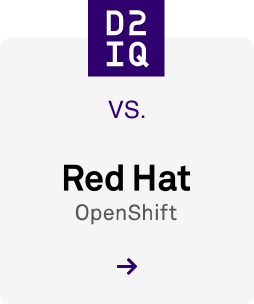
5 min read
As the number of people and devices coming online continues to soar, the Internet has been pushed to its limits and it was never designed to accommodate the millions of requests we now make. Whether it's buying holiday gifts on Amazon, sharing images with our friends on Facebook, or watching hours of cat videos on YouTube, these new uses require us to rethink the Internet's traditional architecture, and one aspect to keep in mind is the need for scale.

So, how do you manage the ramping up and down of resources during a surge? One solution is the open source system Kubernetes. Basically an operating system for the cloud, Kubernetes automates the deployment, scaling and management of containerized applications. Originally developed at Google, it was eventually donated to the Cloud Native Computing Foundation.
This week on STACK That, we're joined by Eric Brewer, VP of Infrastructure at Google and a long-standing professor at UC Berkeley. During his time at Google, Eric became an executive sponsor and tech lead for the space that includes Kubernetes, championing the focus on containers and pushing for the system to be open source.
Embracing Open Source Communities
"There wasn't agreement about the open source bit at first, or even if we should start a whole new computing platform," says Eric Brewer. "I argued that the move to containers is actually a return to a higher level of attraction based on processes and APIs, and that's actually the cloud
that I want to use and that I want to create."
Apache Mesos is the open-source distributed systems kernel at the heart of the Mesosphere DC/OS. Mesos was born out of a research project started by then PhD students Benjamin Hindman, Andy Konwinski, and Matei Zaharia, with professor Ion Stoica. DC/OS is lowering the barrier to entry for the Mesos community, making it easier for users to get up and running, in turn helping grown the community. According to our 2016 survey of Apache Mesos users, 87% of new users tried Mesos as a component of DC/OS.
At HPE, we have a long-standing history of involvement in open source communities, from the thousands of developers across the company who are focused on open source projects to the sponsorship of the open source community through contributing code, sponsoring foundations and projects, and establishing governance models that enable effective collaboration.
Learn more about the proliferation and importance of open source communities in this week's podcast below.
Listen and subscribe to the latest episodes of STACK That on our podcast content hub, or with your favorite podcast app:
iTunes | Google Play | SoundCloud | Stitcher | RSS
OUR GUEST
Eric Brewer, VP of Infrastructure at Google
Vice President of Infrastructure at Google, Eric Brewer pioneered the use of clusters of commodity servers for Internet services, based on his research at Berkeley. His "CAP Theorem" covers basic tradeoffs required in the design of distributed systems and followed from his work on a wide variety of systems, from live services, to caching and distribution services, to sensor networks.
He is a member of the National Academy of Engineering, and winner of the ACM Infosys Foundation award for his work on large-scale services. Eric was named a "Global Leader for Tomorrow" by the World Economic Forum and "most influential person on the architecture of the Internet" by InfoWorld.
OUR HOSTS
Florian Leibert, Co-Founder & CEO at Mesosphere
Florian Leibert co-founded Mesosphere (now D2iQ)in 2013 and currently serves as CEO. Since 2013, The company makes Mesosphere DC/OS, which allows webscale and enterprise companies to quickly deliver containerized, data-intensive applications on any infrastructure. Florian is passionate about building IoT infrastructure and enjoys discussing the benefits of the modern application stack as well as how D2iQ customers are building world changing technology. He is also the main creator of Marathon, an orchestrator and scheduler that operates on top of the Mesos software. Florian Leibert drove fundraising efforts through four rounds of financing from prominent investors like Khosla Ventures and Andreessen Horowitz. In addition to his role at D2iQ, Florian Leibert serves as an investor with Away and Drift.
Prior to co-founding Mesosphere, Florian Leibert held engineering leadership positions at prominent internet sites, including Airbnb, Twitter, Ning, and Adknowledge. At age 16, he co-founded online marketplace Knaup Multimedia in Germany.
Byron Reese, CEO & Publisher at Gigaom and CEO at Knowingly
With 25 years as a successful tech entrepreneur, with multiple IPOs and exits along the way, Byron Reese is uniquely suited to comment on the transformative effect of technology on the workplace and on society at large.
As a successful serial entrepreneur and award-winning futurist, Byron balances two unique perspectives. As a futurist, he leads his audience to explore the unprecedented technological changes destined to trigger the dramatic transformation of society. And as an entrepreneur, he shares how to profit from this change while still meeting the practical realities of operating a business.
Speaking across the globe, Byron brings great enthusiasm and talent for deciphering our common destiny and unlocking business opportunities within it. Byron's keynotes and appearances include the PICNIC Festival in Amsterdam, SXSW, the TEDx Austin, Wolfram Data Summit, Spartina, and the IEEE Global Humanitarian Technology Conference, among others.
Byron is also the publisher of Gigaom. A role enhanced by 20 + years' experience building and running successful Internet and software companies. Of the five companies he either started or joined early, two went public, two were sold, and one resulted in a merger.








